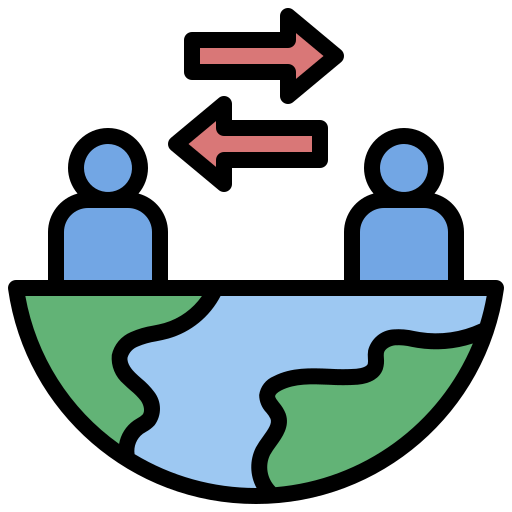Background
The Conference on Land Policy in Africa (CLPA) is organised biennially by the African Land Policy Centre (ALPC), a joint initiative of the African Union Commission, the United Nations Economic Commission for Africa, and the African Development Bank.
The goal is to deepen capacity for land policy in Africa through improved access to knowledge and information on land policymaking and implementation. In particular, the CLPA is a platform for presenting research findings and focusing the attention of a comprehensive range of stakeholders on the issues and status of land policy development, implementation and monitoring in Africa.
The CLPA also provides a unique opportunity to showcase emerging and promising practices and facilitate networking. Conference participants include researchers, academicians, governments (including parliamentarians), women and youth organisations, traditional authorities, farmers, civil society, private sector, land practitioners and development partners.
The CLPA was first held in November 2014, focusing on land, investment and agriculture. A second edition of CLPA was held in November 2017 under a theme targeting youth, land and employment A third edition was held in 2019 CLPA focused on winning the fight against corruption in the land sector. As a result of COVID-19, the fourth CLPA which took place on November 2-4, 2021, was hybrid with the physical component held in Kigali, Rwanda. The Conference theme was “Land governance for safeguarding art, culture and heritage towards the Africa We Want”
The 2023 Conference on Land Policy in Africa
Year of AfCFTA: Acceleration of the African Continental Free Trade Area Implementation
The connnection between land policy and AfCTA

Towards Agenda 2063
This theme is inline with the AU Theme of the year. The adoption as theme of the year is expected to generate greater political commitment and accelerate the effective implementation of the AfCFTA to fully benefit the African citizenry and achieve the aspirations and goals of Agenda 2063.
Enhancing intra-African Trade
Enhancing collaboration among the Member States, the Regional Economic Communities (RECs), AU institutions, the private sector, development partners, and other stakeholders, to mobilize and implement actions that boost intra-Africa trade, particularly in value-added production and across all sectors of Africa’s economy.

Land as a resource and enabler
Land produces a significant percentage of the agricultural commodities that are envisioned to be traded. It is also a source of Africa’s mineral wealth and other commodities. In addition, manufacturing processes take place on land.
The Single AfCTA Market
The creation of a single market under the AfCFTA provides opportunities for both economic growth and the creation of new as well as innovative networks for those operating in sectors such as mining, manufacturing, services, agriculture and agro-processing
THEMES & SUB-THEMES
Core Themes
Best practices in developing responsive, responsible land policies for improved cross-border trade in Africa
Inclusive and transparent land governance practices and building effective land administration institutions
Monitoring and evaluation of land governance
Sub Themes

Inclusive land governance for enhanced intra- Africa trade, food security and sustainable food systems

Regional integration, migration, intra-Africa trade and land use and sustainability
Innovative geospatial data, and digitalization technologies, including blockchain, for land administration and trade in Africa

Implementation of the AfCFTA: Breaking investment and trade - land related barriers for inclusion of African women, pastoralists and youth

Best practices in documenting customary and statutory land access, control and ownership in Africa

Spatial planning, infrastructure, and transport planning for improved trade in Africa

The confluence of the environment, (including climate change) agriculture and crossborder trade in the context of AfCFTA
OBJECTIVES
We deepen commitment and strengthen capacity
for land policy
through improved access to knowledge and information
in support of evidence-based land
policymaking.
KNOWLEDGE SHARING
Share and exchange knowledge and best practices on issues related to land tenure security, especially for women and vulnerable groups;
Transparent, accountable and sustainable land-based management and investments;
Addressing land-related conflicts;
Land governance for safeguarding art, culture, and heritage,
showcase innovations
Showcase information, communication and land administration technologies and innovations to enhance land governance and administration;
stakeholder networking
Provide a platform for networking among researchers, policymakers and other stakeholders to improve the quality and quantity of research to address African specificities and emerging issues in land governance
advocacy and resources
Provide an opportunity for advocacy and resource mobilization in support of national and regional land policy initiatives geared towards enhanced land
governance in Africa.
policy dialogue
Provide space for informed policy dialogue among stakeholders on policy options to enhance land governance, strengthen access to land by all land users, including women and youth, and recognize the customary based land rights of African
communities;